 |
 |
 |
 |
|
 |
 |
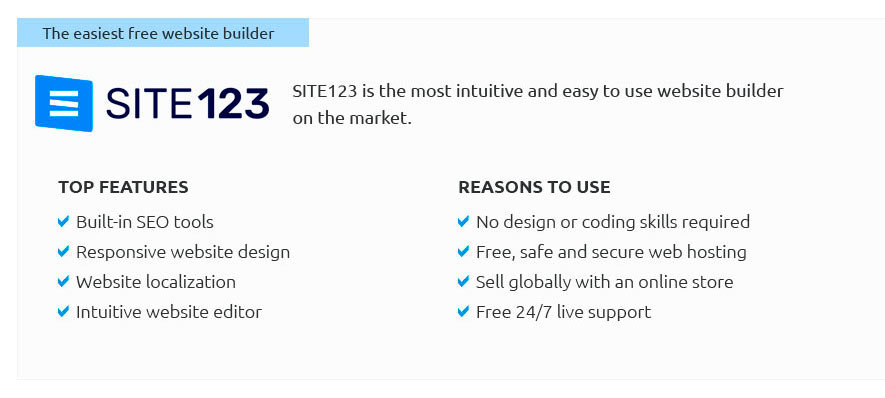 |
|
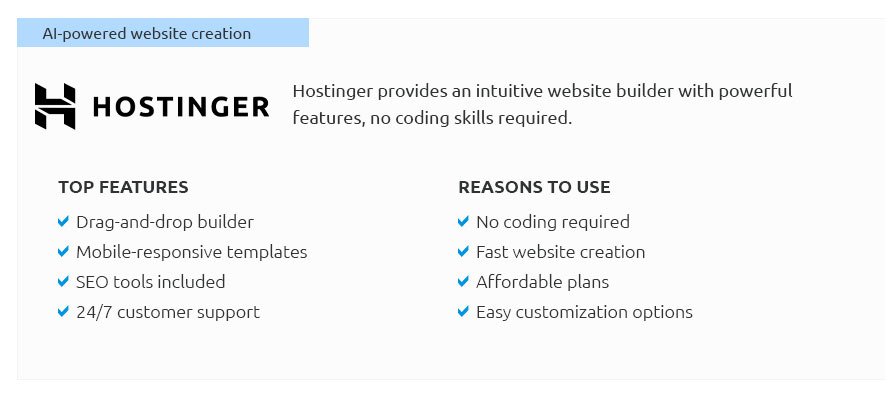 |
|
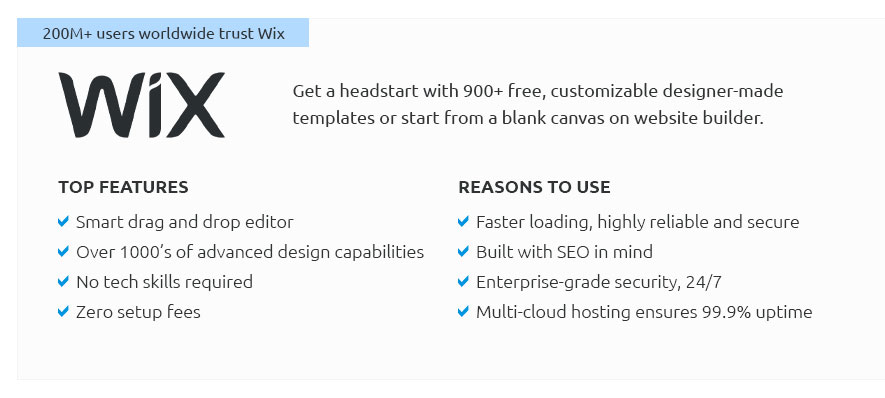 |
 |
|
 |
|
 |
|
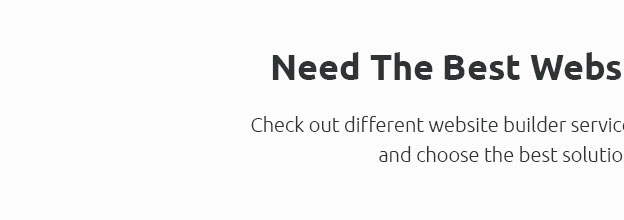 |
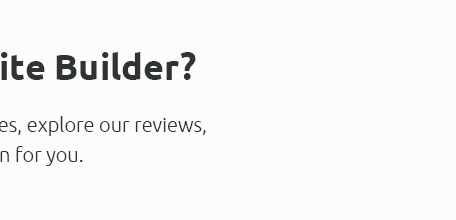 |
How to Make a Website for Someone: A Comprehensive GuideCreating a website for someone can be a rewarding endeavor. Whether it's for a business, a personal blog, or a portfolio, understanding the process is crucial. This guide will walk you through the essentials of how to make a website effectively and efficiently. Understanding the Client's NeedsBefore you start, it's essential to understand what the client wants. This will guide the design and functionality of the site. Identifying Purpose and Goals
Target AudienceKnowing the target audience helps tailor the website's design and content effectively. Planning and DesigningOnce you understand the client's needs, it's time to plan and design the website. Creating a SitemapA sitemap outlines the website's structure and is a critical step in the planning phase. WireframingCreate wireframes to visualize the layout of the website. This is a blueprint for design. Development and LaunchAfter planning and designing, the next steps are building and launching the website. Choosing the Right ToolsTo build a successful website, consider what do you need to design a website, including platforms, hosting, and CMS. Testing and Launch
Maintaining the WebsitePost-launch, maintaining the website ensures it remains functional and up-to-date.
FAQWhat are the essential skills needed to make a website?The essential skills include knowledge of HTML, CSS, JavaScript, and a basic understanding of web hosting and SEO. How long does it take to make a website for someone?It can take anywhere from a few days to several weeks, depending on the complexity and the requirements of the website. What are the benefits of using a CMS?A CMS allows for easier content management, scalability, and the ability to add functionalities through plugins. https://www.warriorforum.com/website-design/430407-creating-website-someone-else.html
You can work on as many websites as you wish with one hosting account. You place each within its on folder on the hosting account. https://www.quora.com/Whats-an-easy-way-to-create-a-website-where-people-can-submit-links-and-descriptions
There are several options of course., you could use Wordpress with some plugins for example. It just so happens that I recently made a link ... https://www.youtube.com/watch?v=JDdCVVCi2TM
If you're trying to build a website for either yourself or someone else and have no idea how to start, this is the video for you.
|